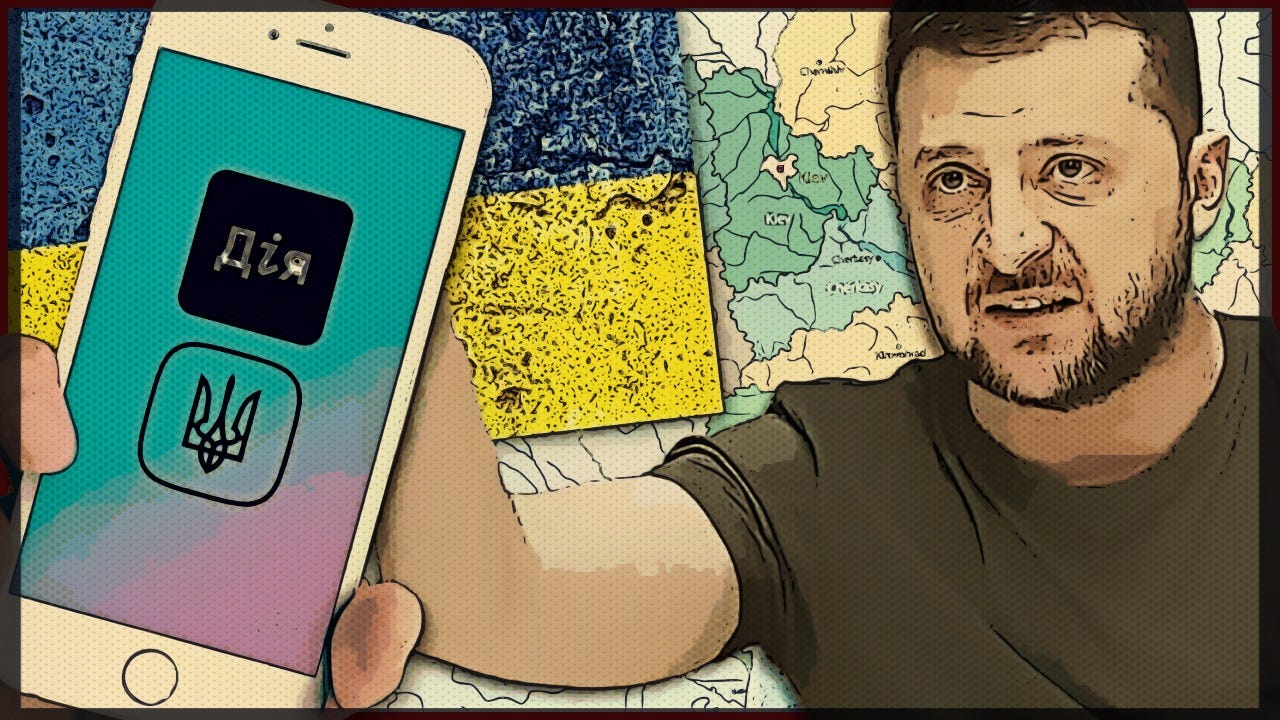DIIA: A Dangerous Tool of Control in Ukraine?
Over 70% of Ukrainians have the DIIA app on their smartphones. Funded and built by the CIA-affiliated USAID the application is a clear and present danger to freedom.
In an era where technology intertwines with every aspect of life, the DIIA app stands as a stark example of how a seemingly beneficial tool can become a potential instrument of control and surveillance. Developed by USAID, an organization closely affiliated with the CIA, and installed on 70% of all cell phones in Ukraine, DIIA's omnipresence raises alar…




